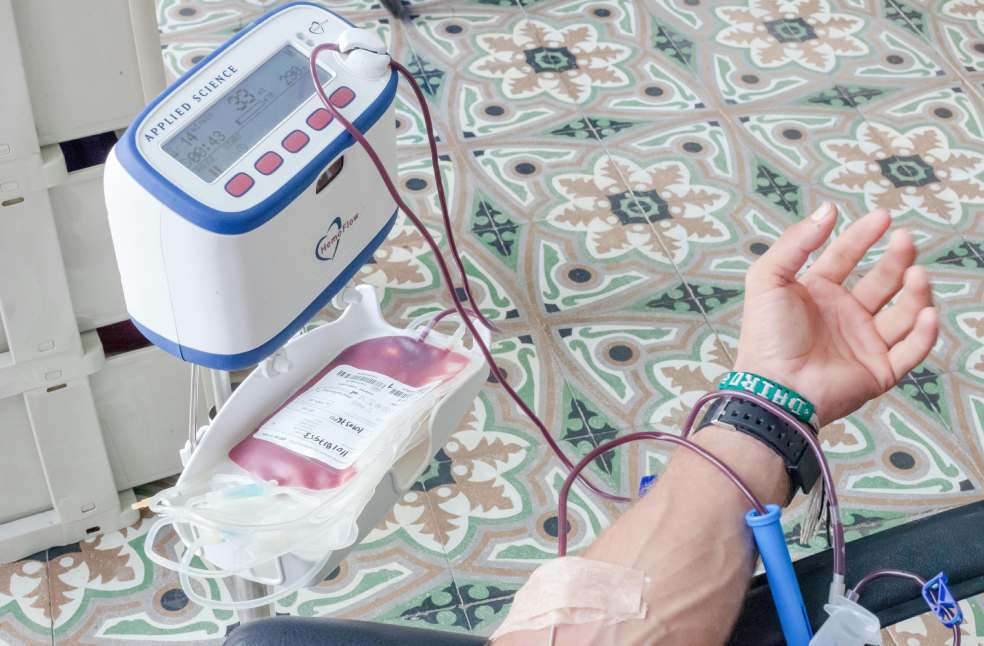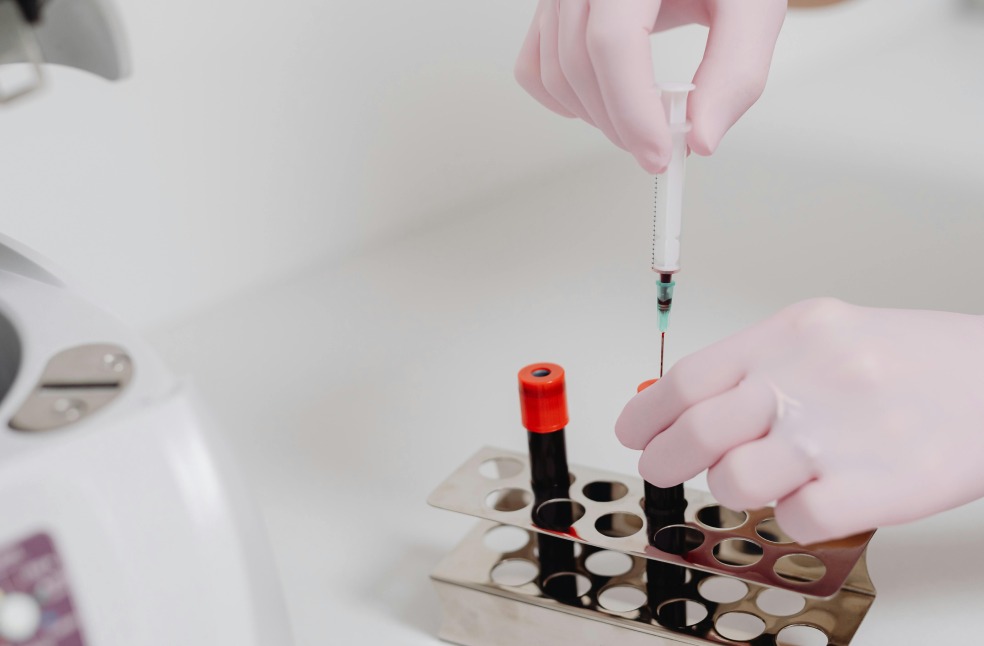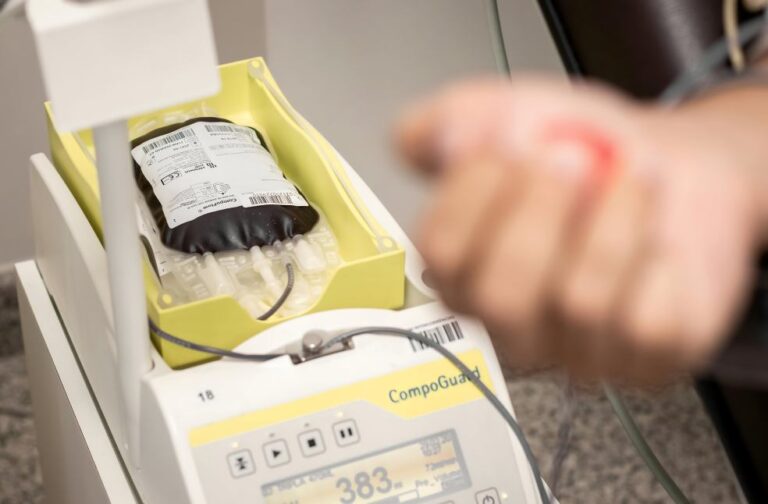Canberra: Australia is set to scrap decades-old restrictions that have effectively barred sexually active gay and bisexual men from donating blood and plasma, in what has been defined as a historic step towards equity in blood donations practices.
The national blood service, Lifeblood, announced that from 14 July 2025, restrictions based on sexual activity will be removed for plasma donations. This will make Australia the first country in the world to eradicate all sexual activity-based restrictions for plasma donors. Broader changes to blood donation rules are anticipated to come into effect in 2026.

Previously, men and transgender women who had sex with men within the past three months were automatically disqualified from donating, along with sex workers and women who had sex with bisexual men. Under the new guidelines, any individual in a monogamous sexual relationship of six months or more will be qualified to donate blood, regardless of their gender or sexual orientation.
In a statement, Lifeblood Chief Medical Officer Dr. Jo Pink said the reform was a ‘significant milestone’ in providing fairer access to donation. Dr. Pink stated that, “Blood safety is and always will be our top priority, but we know the current donation rules have been very difficult for many people in the LGBTQIA+ community.”
The new system will request all donors, regardless of gender or sexuality, if they have had anal sex with new or multiple partners in the past three months. If they have, they will still be deferred from blood donation for that period but will remain eligible to donate plasma.
In another shift, people taking HIV prevention medication PrEP will also be allowed to donate plasma, although they remain ineligible for blood donation. Only people living with HIV or those with HIV-positive partners will resume to be barred from plasma donation.

The changes were approved by Australia’s health products regulator and are expected to expand the donor base by an estimated 625,000 individuals. Research conducted by Lifeblood and the University of New South Wales’ Kirby Institute confirmed the changes will not compromise the security of blood or plasma supplies.
Lifeblood noted that plasma experiences a rigorous pathogen inactivation process that eliminates viruses and bacteria, making it an especially safe and vital product in medical treatments. With global and domestic demand for plasma at an all-time high, the update is expected to significantly boost availability.
Health Equity Matters CEO Dash Heath-Paynter welcomed the announcement, saying it potentially unlocks thousands of donations of life-saving plasma, which is in high demand in Australian hospitals.



